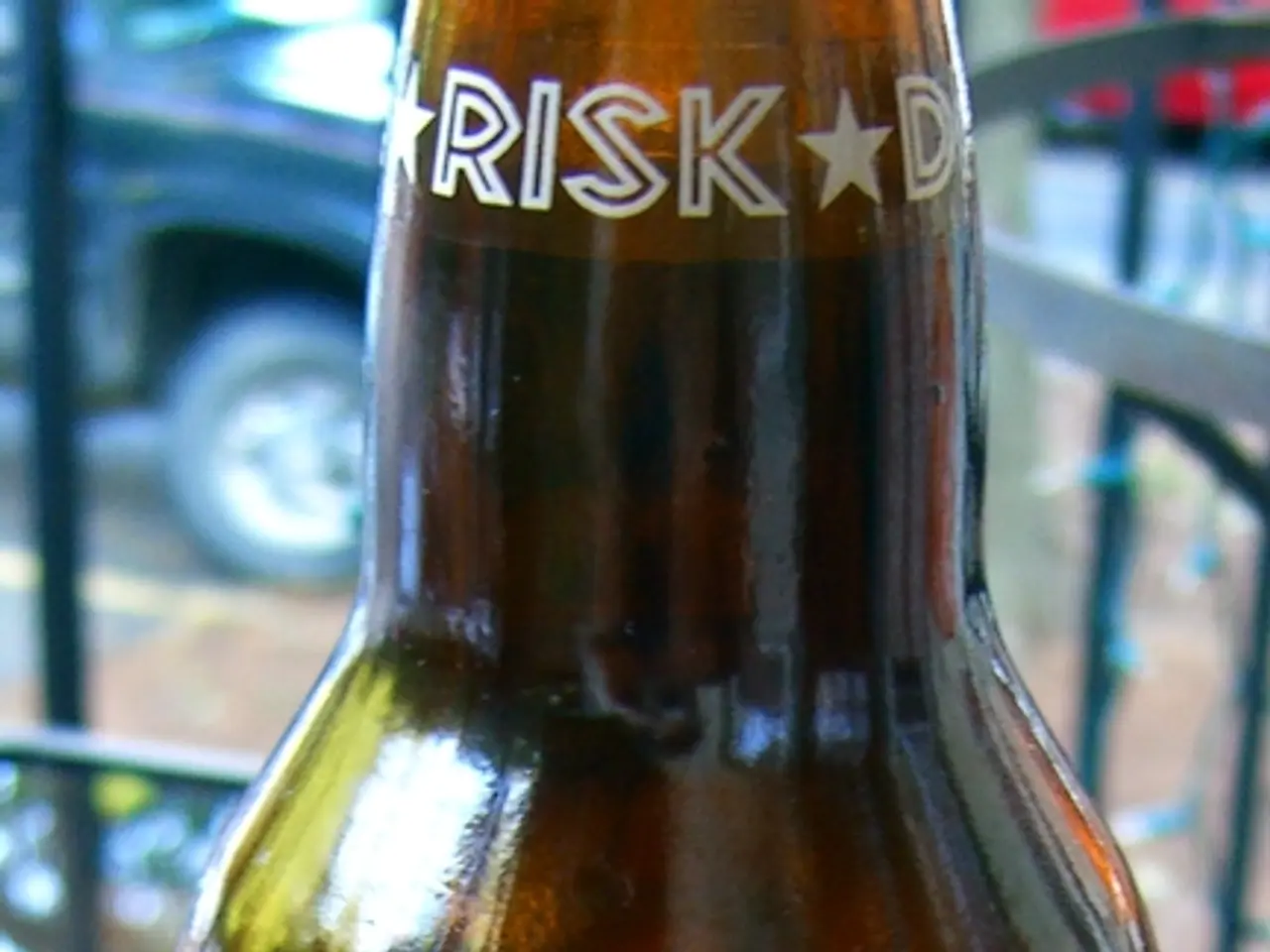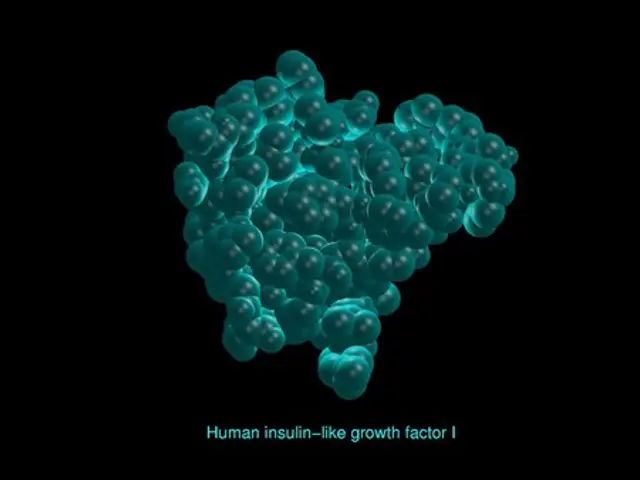Temperature Surge and Its Impact: Understanding How Extreme Heat Can Lead to Reduced Intelligence and Aggressive Behavior
In the sweltering heat of summer, it's not just our bodies that feel the strain. A growing body of research suggests that rising temperatures can have a significant impact on our mental health and brain function.
One degree increase in temperature is associated with a rise in the suicide rate by one percentage point. This correlation is thought to be due to the negative effects of high temperatures on brain function, which can impair cognition, executive function, memory, and decision-making. Heat exposure can also disrupt sleep, increase irritability, and deepen feelings of depression.
Heat is linked to increased aggression and conflict, and these behavioural changes have been associated with higher suicide rates. The worsening of mental health conditions and sleep loss caused by heat exposure are believed to be key factors in this association.
Heatwaves can exacerbate neurological conditions such as epilepsy, dementia, and stroke, and even those without pre-existing conditions can experience impaired brain function and mood regulation due to heat stress. Elevated brain temperatures alter neuronal activity and executive functions, reducing working memory efficiency. Cognitive effects include trouble concentrating, slower processing, and heightened impulsivity.
Heat contributes to increased aggression, anxiety, and depression, which can exacerbate interpersonal and societal conflicts and heighten suicide risks. Physiologically, heat stress increases norepinephrine levels in the brain, activating the "fight or flight" response and heightening emotional reactivity and irritability. Heat-induced sleep disruption worsens mental health and cognitive abilities further.
Studies show a 7.8% increase in emergency visits for mental health during extreme heat days and poor sleep quality correlating with nights above 25°C, linking heat directly to anxiety and mood disorders. Long-term heat exposure impairs learning and cognitive development among students as well.
To combat these effects, simple protective measures can make a difference. Maintaining adequate hydration and body cooling during hot periods is crucial. Using climate-controlled environments and avoiding outdoor exertion during heatwaves is also advisable. Improving nighttime cooling to enhance sleep quality and reduce emotional dysregulation is another important strategy.
Vulnerable groups such as children, the elderly, and outdoor workers should be targeted with tailored support and resources. Implementing equitable climate policies to reduce heat exposure disparities and the overall impact of climate change on brain health and mental well-being is also crucial to mitigating the growing mental health burden and neurological risks posed by rising global temperatures.
So, next time you're feeling the heat, remember that a sweat-soaked T-shirt is better than bare skin, and a cool drink can do more than just quench your thirst – it can help protect your mental health too.
More scientific research should examine the links between heatwaves, mental health, and brain function, as heat exposure can impair cognition, executive functions, and decision-making, increase aggression, anxiety, and depression, and exacerbate mental health conditions such as epilepsy, dementia, and stroke. To combat these effects, more therapies and treatments for heat-related mental health disorders, particularly during summer, are essential for promoting overall health-and-wellness and mental-health.




